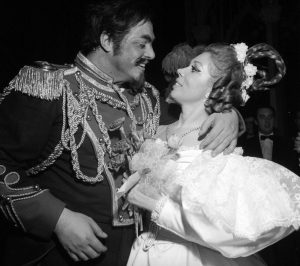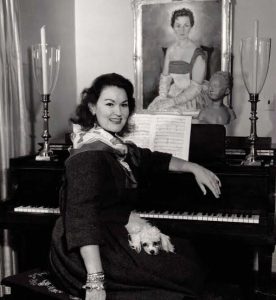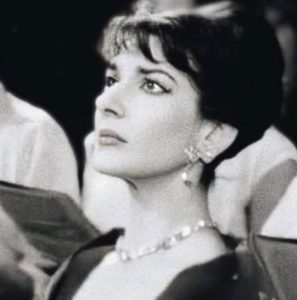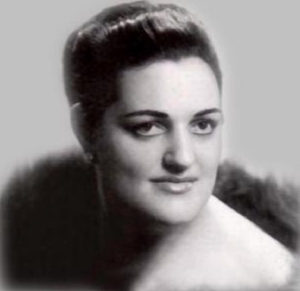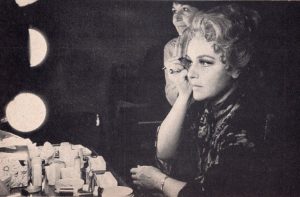Podcast: Play in new window | Download (Duration: 1:16:17 — 104.8MB) | Embed
Subscribe: Spotify | TuneIn | RSS | More
Today some real meat and potatoes Italian opera. Oh, wait, perhaps we should call it spaghetti alla bolognese rather than meat and potatoes. So often on the podcast I bring singers to the fore that are not as well known as some of the biggest stars in opera. But today I bring you both Luciano Pavarotti and Mirella Freni, two of the most popular and celebrated Italian opera stars in the history of opera, especially opera in the late twentieth century. As many already know, the two singers both grew up in Modena, where their working-class mothers worked in the same cigar factory; as budding opera singers, they subsequently studied voice with the same teacher in Mantova. They remained lifelong friends and often sang together, especially in La Bohème. In 1980, the two returned to their native Modena where they performed together at the Teatro Comunale di Modena, known since 2021 as the Teatro Comunale Pavarotti-Freni. The concert was conducted by Freni’s ex-husband Leone Magiera, also a native of Modena. In this concert, they performed duets from their shared repertoire: Elisir d’amore, Traviata, and L’amico Fritz. They also performed solo arias from La figlia del reggimento and Vespri siciliani (Freni) and Werther and L’africana (Pavarotti). The material is supplemented on today’s episode with arias from both singers in contemporaneous live performances at the Arena di Verona. And this entire songfest is topped with the cherry of a live 1965 concert on French television of “O soave fanciulla” in which their joined voices are heard in the first flush of youth.
Countermelody is a podcast devoted to the glory and the power of the human voice raised in song. Singer and vocal aficionado Daniel Gundlach explores great singers of the past and present focusing in particular on those who are less well-remembered today than they should be. Daniel’s lifetime in music as a professional countertenor, pianist, vocal coach, voice teacher, and author yields an exciting array of anecdotes, impressions, and “inside stories.” At Countermelody’s core is the celebration of great singers of all stripes, their instruments, and the connection they make to the words they sing. By clicking on the following link (https://linktr.ee/CountermelodyPodcast) you can find the dedicated Countermelody website which contains additional content including artist photos and episode setlists. The link will also take you to Countermelody’s Patreon page, where you can pledge your monthly or yearly support at whatever level you can afford.
